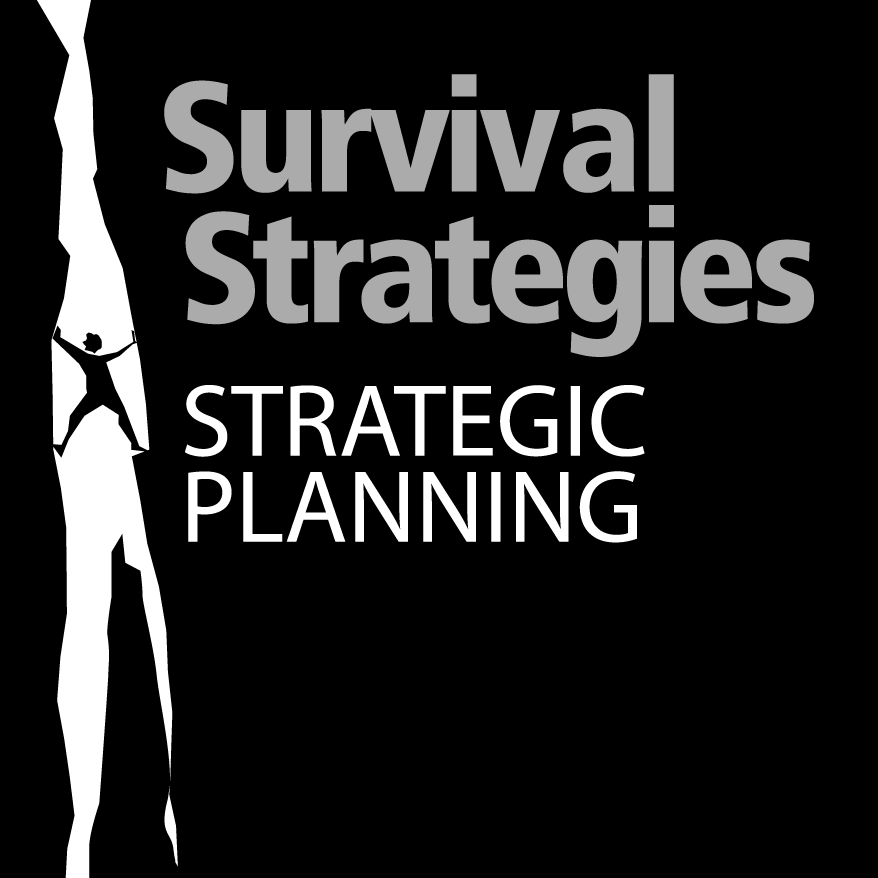Kenichi Ohmae wasn’t the first person who thought about strategy. To really understand why strategy is important in developing your business, think about Alexander the Great. Alexander was, well, great. “He has no failures,” said Elizabeth Carney, a history professor at Clemson University in South Carolina. “That’s the glamour – he’s the invincible, the unconquered one.”
His basic military strategy was this: Anticipate, React, Adapt. No finer words were ever written about business strategy. Alexander’s military philosophy is actually the essence of business strategy, and what Ohmae was talking about in Strategic Planning Supports the Sole Goal of Your Business.
Chess provides us another example. Aron Nimzovich was one of the greatest chess players who ever lived. In his book – My System – he wrote the following: “Speed in development is the very first law. Every piece must be developed in one move.” Marcus Luttrell is another kind of great. A Navy Seal, he wrote a book, Lone Survivor: The Eyewitness Account of Operation Redwing and the Lost Heroes of SEAL. In that book, he wrote: “The SEALS do place a premium on brute strength, but there’s an even bigger premium on speed.”
Speed of response is necessary for winning, but response for speed’s sake will destroy you. As Gene Kranz teaches us in Failure is Not an Option, “The first rule of flight control is if you don’t know what to do, don’t do anything!” So, while speed is important, speed without strategy is recklessness.
In business, as in chess, battle and flight control, there are winners and losers. The object of everything, however, is winning. To “win” someone has to “lose.” Strategy is created to set up “conditions” in order to achieve the win. And like chess, battle and everything else, each move you make in business brings you an advantage or a disadvantage. The object of strategy is to create enough moves with advantages to make you money.
